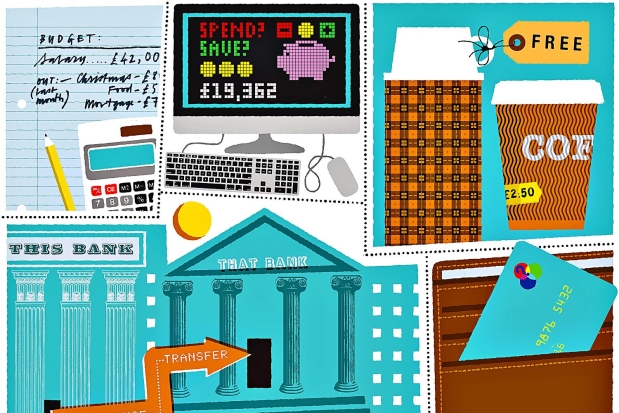
There are 10,000 different mortgages now on the market — so how do you go about picking the right one? Step one, according to Brian Murphy, head of lending at Mortgage Advice Bureau, is to employ the services of an independent mortgage broker who deals with all banks and building societies. “As brokers work on behalf of the consumer rather than a lender, they provide unbiased advice and seek out a range of mortgage deals rather than those belonging to a specific lender that may not be the best fit,” he says . “If they do their job right, the broker should more than make up for their fee through the savings they generate.”

The other skill of a good broker is to save you time and potentially a lot of stress by placing the deal with the right lender first time, says Lea Karasavvas, managing director of Prolific Mortgage Finance. “Knowing the market and obtaining speed of service is a vital part of saving money. With rates withdrawn so quickly in the current climate, choosing the wrong lender could mean losing two to three months of saving on a mortgage — so time is almost as important as the rate itself,”he says.
And will interest rates rise? Adrian Anderson, director of mortgage brokerage Anderson Harris , doesn’t see it happening in the short-term, but in the long term, rates can only go up — there’s no room to go lower. “So it’s important to ensure that you can afford your mortgage when this happens,” he advises. “Longer-term fixed-rates look very good value, particularly five-year fixed rates, which start from less than 3 per cent.”
How to boost your credit score
Credit scoring is when a computer or a person appraises your credit history and comes up with a number based on the results; a figure that will determine whether banks will give you access to any type of loan, a credit card or a mortgage. The higher the score, the easier it will be to get credit and access the best mortgage deals.
What’s on your credit score
• Electoral roll information
• Credit account information
• County court judgments or decrees — these are held on your credit report for six years from the date of the judgment
• Previous credit checks — held for one year
• Shared financial commitments
What’s not
• Mortgage repossessions
• Loan or credit card accounts that were opened before 1994
• Student loans
• Savings accounts, fines, child support, medical history, criminal records
Source: Equifax
Some tips for a healthy credit score
1 Don’t apply for lots of credit — multiple applications in a short period of time gives banks the jitters.
2 Never miss a bank or mortgage payment. If you are disputing a charge — and you are hoping to get a mortgage in the near future — it may be wise to pay up, then follow-up the complaint after. If a missed payment is unavoidable add a “notice of correction” to your credit history by contacting the credit agency and explaining why you missed it.
3 Use a credit card. A track record of credit is better than none — but don’t max it out, even if you always pay it off (lenders don’t like this). If at all possible, pay the loan off early (they love this).
4 Experian, Equifax and Callcredit all offer free credit rating checking services. If you do get turned down for credit by a lender, it is worth doing some digging. If your application was rejected purely based on your credit score, you have a legal right to ask why. Such a review is done by a person and not a computer, giving you the chance to make your case.
5 The fuller the mortgage application, the better. For example, include your work number, home number and mobile number on the application form. An address history with a long stay at each address is favourable, but not always possible.
